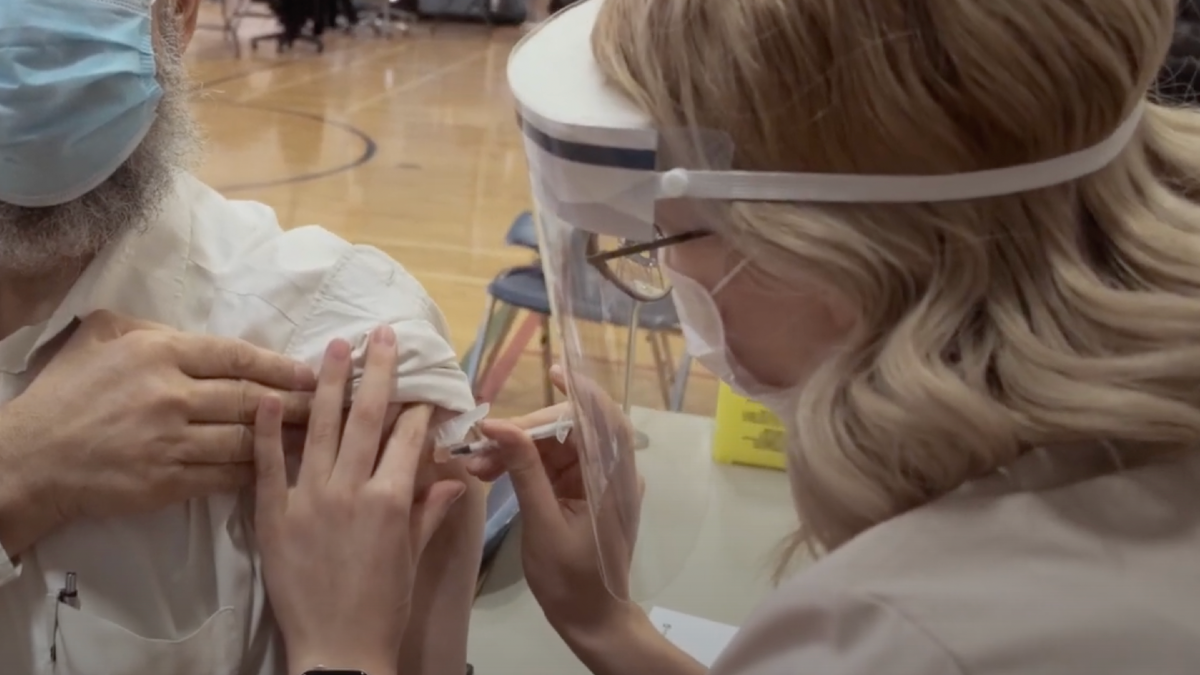The Children’s Hospital of Eastern Ontario says it has done extensive preparation for the fall and winter, with health officials fearing that the combination of COVID-19, flu and respiratory syncytial virus (RSV) will make for a second challenging season following last year’s surge of respiratory illnesses.
“We have far more planning that we’ve done in the past year,” said Adam Lamoureux, director of critical care and surgical services at CHEO.
“We have more staff, and we’ve developed better communication pathways and communication tools where we can ensure internally at CHEO and at a regional and provincial level that we remain connected and working together with different departments, different agencies and different levels of government,” said Lamoureux, adding that the hospital also has the ability to open up additional space.
Ottawa Public Health warns the 2023-24 respiratory season is anticipated to be more challenging than pre-pandemic years, with early activity of respiratory viruses such as COVID-19, Influenza A and B and RSV circulating simultaneously.
“These viruses are not mutually exclusive, so it is possible to get infected with more than one at the same time,” said Giorgia Sulis, assistant professor and Canada Research Chair in Communicable Disease Epidemiology in the School of Epidemiology and Public Health at the University of Ottawa.
“Also, co-infection may result in more severe symptoms and increase the likelihood of hospitalization,” she said.
“Infants and toddlers are at particularly high risk of severe RSV infections, which — coupled with other potential infections — represent a potential threat,” said Sulis. “Let’s not forget that RSV almost disappeared for a while after the start of the pandemic, meaning that many children have never been exposed to it whereas in the pre-pandemic era almost all of them got infected with RSV by age three.”
As part of the OPH’s 2023-2024 Respiratory Season Preparedness Plan written by Dr. Vera Etches, Ottawa’s medical officer of health, OPH has a dashboard updated regularly tracking cases of the different respiratory illnesses. The health agency is also urging everybody to get the flu shot and ensure they are up to date on COVID-19 vaccinations.
Children six months to five years of age are also eligible to receive the Moderna SpikeVax, a new formulation of the COVID-19 vaccine, which targets the Omicron XBB.1.5 subvariant and has been approved by Health Canada.
But this season is anticipated to be a challenging one for both younger and older people.
“It is predicted to have significant effects on both older adults and younger children with higher impacts than usual in the pediatric population. We therefore anticipate seeing impacts to both the pediatric and adult health systems,” said an OPH spokesperson.
Children and “high risk” individuals are able to book flu vaccines through the OPH portal.
Hospitals are already seeing the impacts.
“We are … already starting to see increased volumes in our emergency department and in our hospital of RSV and certainly anticipating influenza is next to come,” said Lamoureux.
“We are always expecting a rise in [Emergency Department] volumes and occupancy into the fall and winter and we don’t think this year will be any different.”
All residents are now expected to have access to the flu vaccine, OPH says.




